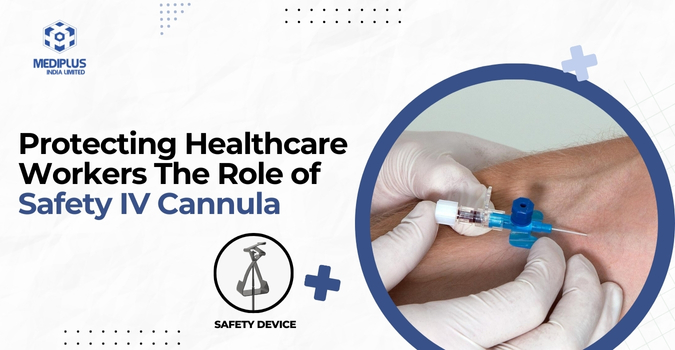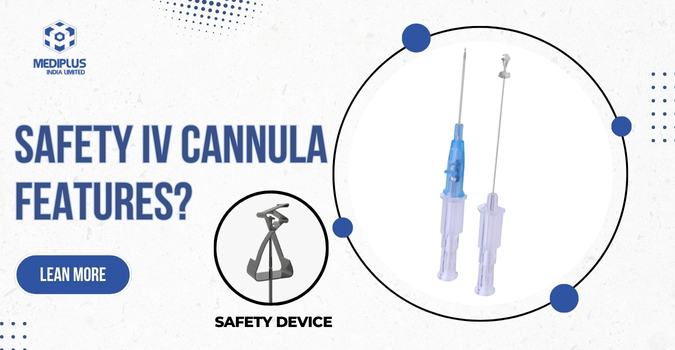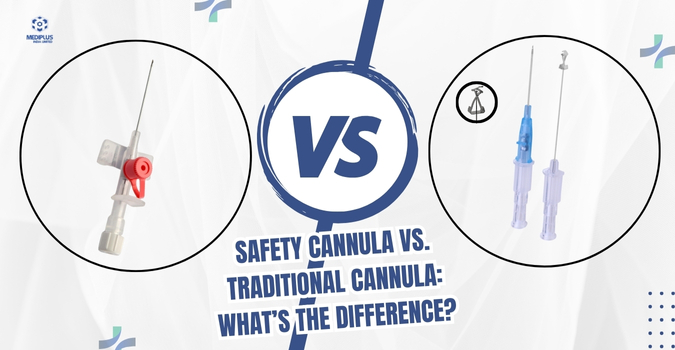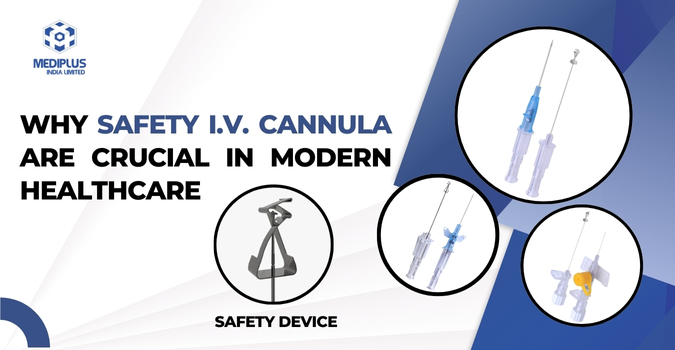
Protecting Healthcare Workers: The Role of Safety IV Cannula
Needlestick injuries are a major concern for healthcare workers. In addition to causing pain and discomfort, these injuries increase the risk of blood-borne diseases. To address this issue, safety IV cannula have become essential tools for ensuring needle safety and protecting medical personnel.
What is a Safety IV Cannula?
A safety IV cannula, sometimes referred to as a safety IV catheter, is designed to reduce the risk of needlestick injuries during and after intravenous fluid or medication administration. It features an integrated safety mechanism that automatically covers the needle tip after use, minimizing the risk of accidental needle pricks.
How Do Safety IV Cannula Work?
Safety IV cannulas typically use one of two methods:
- Passive Safety: A simple action, such as withdrawing the needle from the vein, automatically activates a safety shield that covers the needle tip, protecting the user.
- Active Safety: After withdrawing the needle, a more complex process requires the user to manually activate the safety shield.
The Benefits of Using Safety IV Cannula
The use of safety IV cannulas offers several advantages for healthcare workers:
- Reduced Risk of Needlestick Injuries: The primary benefit is a significant reduction in the incidence of needlestick injuries, protecting healthcare workers from potential blood-borne infections.
- Improved Patient Safety: By minimizing the risk of accidental needle pricks, safety IV cannulas also contribute to enhanced patient safety.
- Compliance with Safety Regulations: Many healthcare facilities have implemented policies requiring the use of safety-engineered devices, including safety IV cannulas, to comply with occupational safety regulations.
Choosing the Right Safety IV Cannula
- Pluski Safe
- Pluski safe 1
- Pluski Safe 2
- Plusflon Safe
- Plusclip Alpha Safe
- Pluscan Alpha Safe
- Plusclip Safe
Conclusion
Safety IV cannulas are essential tools in promoting a safer healthcare environment. By embracing the use of these devices, healthcare facilities can significantly reduce the risk of needlestick injuries and protect their valuable workforce.
News Update
-
 26 Feb 2025What is IV Cannula Size and Usage
26 Feb 2025What is IV Cannula Size and Usage -
 30 Nov 2024Safety IV Cannula Features?
30 Nov 2024Safety IV Cannula Features? -
 30 Nov 2024Safety Cannula vs. Traditional Cannula: What’s the Difference?
30 Nov 2024Safety Cannula vs. Traditional Cannula: What’s the Difference? -
 30 Nov 2024Protecting Healthcare Workers: The Role of Safety IV Cannula
30 Nov 2024Protecting Healthcare Workers: The Role of Safety IV Cannula -
 30 Nov 2024Exploring the Importance and Advancements of IV Cannulas in Healthcare
30 Nov 2024Exploring the Importance and Advancements of IV Cannulas in Healthcare

